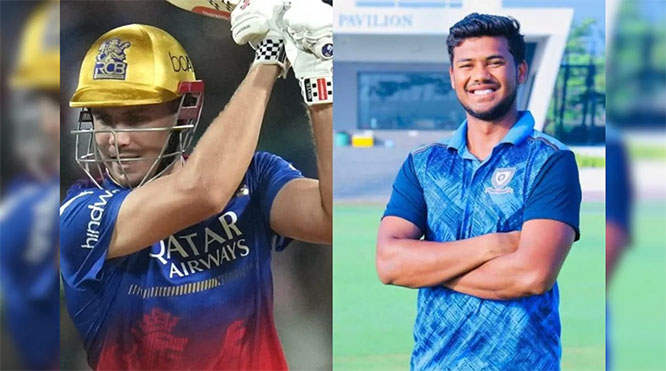
As India began new phase of the covid-19 vaccination drive on March 1, registration on the Co-WIN 2.0 portal opened at 9 am. In this phase, people above 60 years and those aged 45 and above with comorbidities will be prioritised.
A user guide for the citizen registration and appointment for vaccination has also been uploaded on the websites of the Union Ministry of Health & Family Welfare and the National Health Authority (NHA).
What can you do on www.cowin.gov.in self-registration module?
1) Register for a vaccination session
2) Selection of Vaccination centre of convenience
3) Book your slot to get the vaccine
4) Reschedule the vaccination date
How to register for the Covid vaccine?
• Log on to www.cowin.gov.in
• Enter your mobile number
• Get an OTP to create your account
• Enter the OTP and click on the “Verify" button.
• You will be directed to the registration of the vaccination' page. On this page, there will be an option to choose one photo ID proof.
• Fill in your name, age, gender and upload an identity document
• The page will ask you if you have any comorbidities, which can be answered by simply clicking on 'yes', 'no'.
• If 45+, upload doctor’s certificate as comorbidity proof
• Once the details are entered for registration, Click on the “Register" button
• Once the registration is completed; the system will show the “Account Details"
• A citizen can further add three more people linked with this mobile number by clicking on the “Add More" button.
• There will be a button indicating 'Schedule appointment'. Now click on it.
• Search a vaccination centre of choice by state, district, block and pin code.
• Date and availability will also be displayed.
• Click on the 'book' button.
• On successful completion of booking, you will receive a message. That confirmation details will have to be shown at the vaccination centre.
• Once the Appointment is fixed, it can be rescheduled at any later stage but before the vaccination appointment day.
• For this, re-login to the “Citizen Registration" module; with your already registered mobile number.
• After the first dose, the booking of the second dose will be done automatically.







Comments
Add new comment